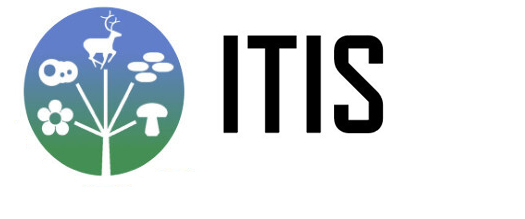| |
|
|
|
| | Kingdom | Animalia
– Animal, animaux, animals |
|
| | Subkingdom | Bilateria
– triploblasts |
|
| | Infrakingdom | Deuterostomia
|
|
| | Phylum | Chordata
– cordés, cordado, chordates |
|
| | Subphylum | Vertebrata
– vertebrado, vertébrés, vertebrates |
|
| | Infraphylum | Gnathostomata
|
|
| | Superclass | Tetrapoda
|
|
| | Class | Mammalia Linnaeus, 1758
– mammifères, mamífero, mammals |
|
| | Subclass | Theria Parker and Haswell, 1897
|
|
| | Infraclass | Eutheria Gill, 1872
|
|
| | Order | Primates Linnaeus, 1758
– homem, macaco, primata, sagui, primates, primates |
|
| | Suborder | Haplorrhini Pocock, 1918
|
|
| | Infraorder | Simiiformes Haeckel, 1866
|
|
| | Superfamily | Cercopithecoidea Gray, 1821
|
|
| | Family | Cercopithecidae Gray, 1821
– Old World monkeys |
|
| | Subfamily | Cercopithecinae Gray, 1821
– cercopithecines |
|
| | Tribe | Cercopithecini
– guenons |
|
| | Genus | Cercopithecus Linnaeus, 1758 – arborial guenons |
|
| |
|
Direct Children: |
|
| | Species | Cercopithecus ascanius (Audebert, 1799)
– Black-cheeked White-nosed Monkey, Red-tailed Monkey | |
| | Species | Cercopithecus campbelli Waterhouse, 1838
– Campbell's Monkey, Campbell's Mona Monkey | |
| | Species | Cercopithecus cephus (Linnaeus, 1758)
– Moustached Monkey, Moustached Guenon, Mustached Monkey | |
| | Species | Cercopithecus denti Thomas, 1907
– Dent's Mona Monkey, Dent's Monkey | |
| | Species | Cercopithecus diana (Linnaeus, 1758)
– Diana Monkey | |
| | Species | Cercopithecus erythrogaster Gray, 1866
– Red-bellied Monkey, White-throated Guenon | |
| | Species | Cercopithecus erythrotis Waterhouse, 1838
– Red-eared Guenon, Red-eared Monkey | |
| | Species | Cercopithecus hamlyni Pocock, 1907
– Owl-faced Monkey, Hamlyn's Monkey | |
| | Species | Cercopithecus lomamiensis Hart, Detwiler, Gilbert, Burrell, Fuller, Emetshu, Hart, Vosper, Sargis and Tosi, 2012
– Lesula | |
| | Species | Cercopithecus lowei Thomas, 1923
– Lowe's Monkey, Lowe's Mona Monkey | |
| | Species | Cercopithecus mitis Wolf, 1822
– Blue Monkey | |
| | Species | Cercopithecus mona (Schreber, 1775)
– Mona Monkey | |
| | Species | Cercopithecus neglectus Schlegel, 1876
– De Brazza's Monkey | |
| | Species | Cercopithecus nictitans (Linnaeus, 1766)
– White-nosed Guenon, Putty-nosed Monkey, Greater spot-nosed Monkey | |
| | Species | Cercopithecus petaurista (Schreber, 1774)
– lesser white-nosed monkey, Lesser Spot-nosed Monkey, Spot-nosed Monkey | |
| | Species | Cercopithecus pogonias Bennett, 1833
– Crowned Guenon, Crowned Monkey, Crested Mona Monkey | |
| | Species | Cercopithecus roloway (Schreber, 1774)
– Roloway Monkey | |
| | Species | Cercopithecus sclateri Pocock, 1904
– Sclater's Monkey, Sclater's Guenon | |
| | Species | Cercopithecus wolfi Meyer, 1891
– Wolf's Mona Monkey, Wolf's Monkey | |
| |
|
|
|

